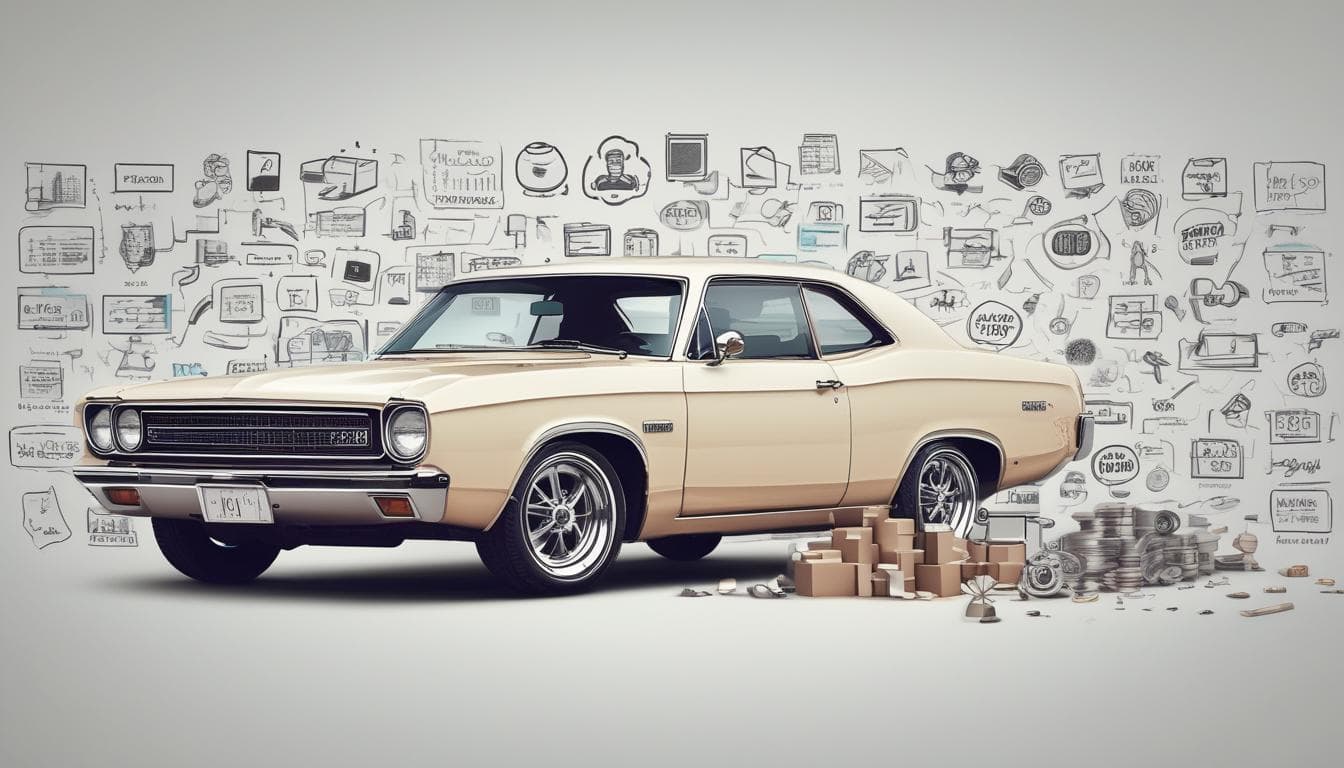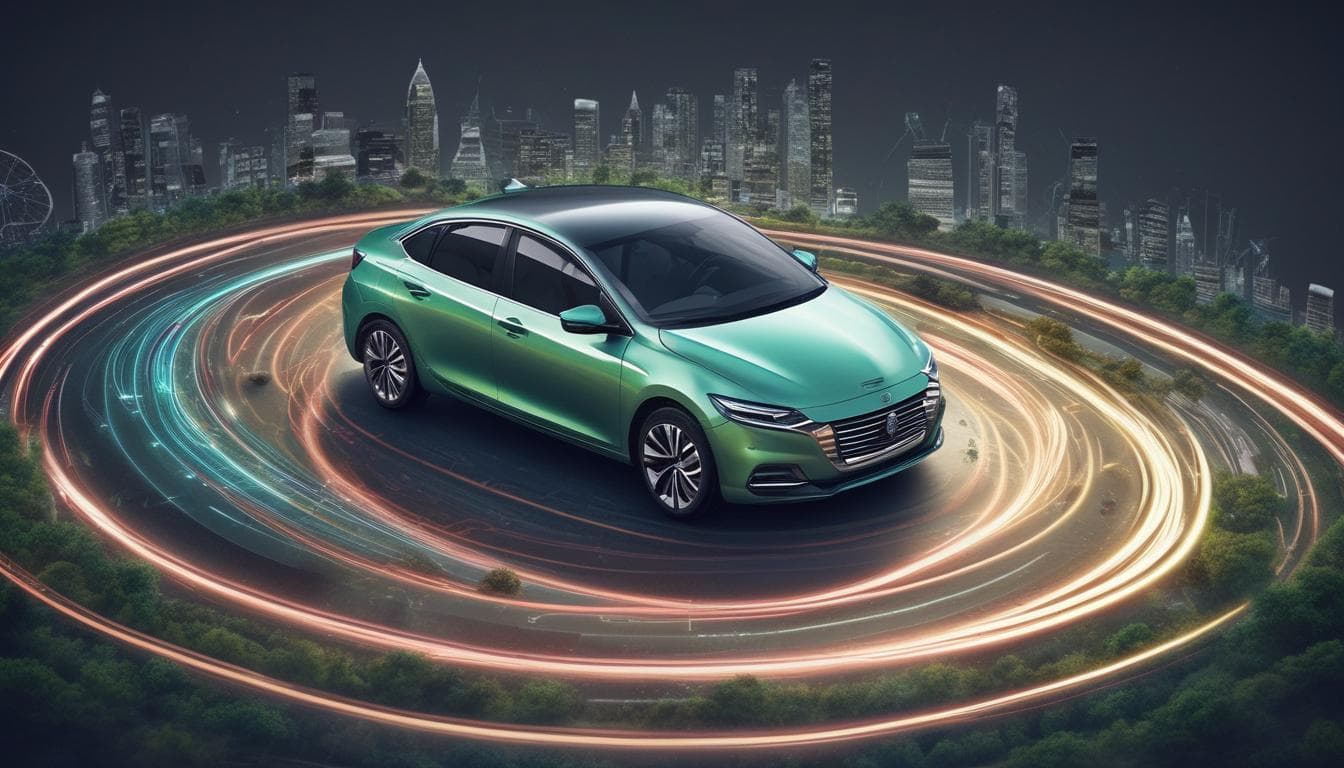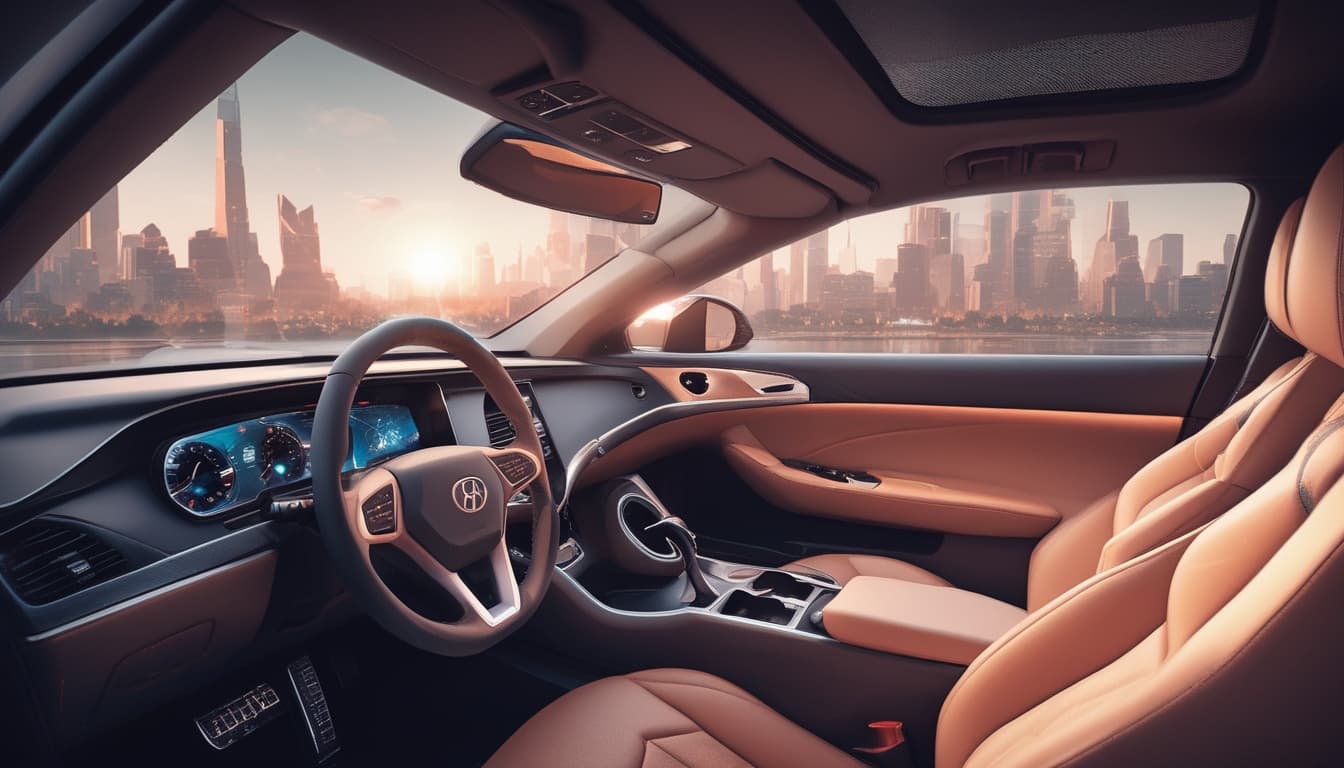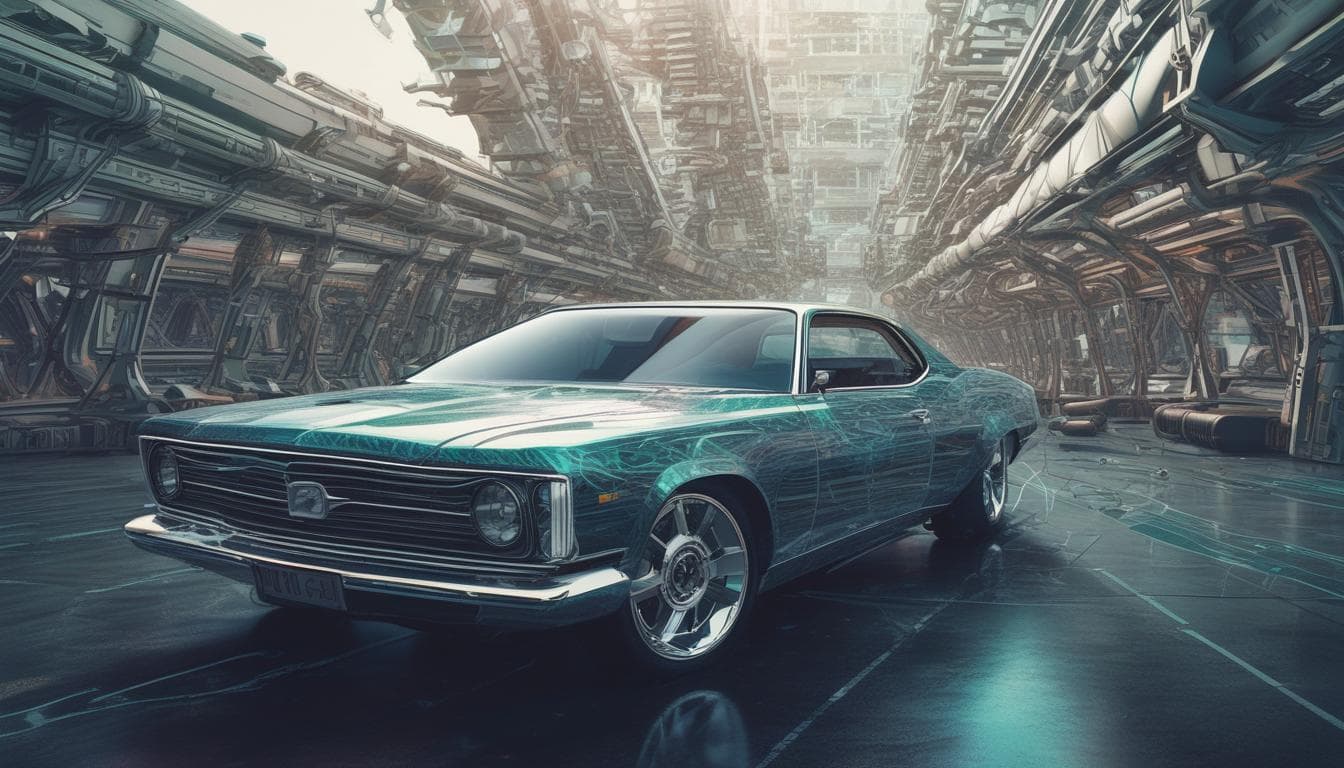With the increasing integration of AI in vehicles, how do you envision the role of a human driver evolving? Will driving become a leisure activity rather than a necessity, and what implications might this have on car culture and design?
That's a great question, @techauto! The increasing sophistication of AI in vehicles is definitely pointing towards a future where the role of the human driver shifts significantly. I think we'll see a gradual transition in stages.
Short-term: AI will primarily act as a co-pilot, handling tedious tasks like highway driving or parking. This will free up the human driver to focus on other things, or simply relax and enjoy the ride. Features like advanced driver-assistance systems (ADAS) are already paving the way for this.
Mid-term: As AI becomes more reliable, we'll likely see more autonomous driving modes, perhaps even allowing drivers to take their hands off the wheel entirely in certain situations. This is where the line between necessity and leisure begins to blur. Imagine commuting in a self-driving car while you catch up on work or enjoy a movie. This could also lead to a rise in "mobility as a service" where people subscribe to autonomous transportation rather than owning a car.
Long-term: Fully autonomous vehicles could become the norm, making human driving a choice rather than a requirement. This could have profound implications on car culture. Car design might prioritize comfort and entertainment over performance and handling. Think of vehicles becoming more like mobile living rooms or offices. Enthusiast driving might be relegated to dedicated tracks or closed courses. We might even see a resurgence of classic car culture, with people cherishing the experience of driving vintage vehicles the way we enjoy horseback riding today.
However, there are challenges to overcome. Public trust in AI is crucial, and ensuring the safety and reliability of these systems is paramount. The legal and ethical implications of autonomous driving also need to be carefully considered. It's going to be a fascinating journey to see how this all unfolds.
このトピックについてさらに詳しく探る
会話に参加する
- 車が感情を持ったら?未来の移動体験を想像しよう!
もし車が感情を持つようになったら、私たちの生活はどう変わるのか?自動運転技術の進化によって、車は私たちの感情を理解するパートナーになるかもしれません。喜び、悲しみ、興奮など、感情を共有する未来の移動体験について語り合いましょう。
- 車が夢を見たら?:自動運転車と夢の共有が未来を変える?
自動運転車が夢を見る未来…車のAIが人間の感情や記憶を学習し、夢を共有できるようになったら、私たちの生活はどう変わる?車から得られる情報やインスピレーションの可能性とは?
- 車が感情を持ったら?社会や文化への影響を議論!
車が感情を持つようになった未来、私たちの社会や文化はどう変わる?交通ルール、運転マナー、車とのコミュニケーション、人間との感情の相互作用…様々な側面から自由に意見交換しましょう。





